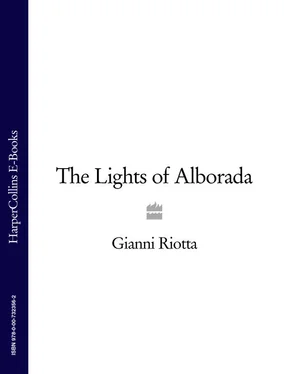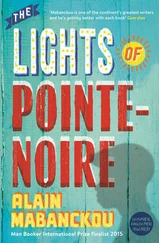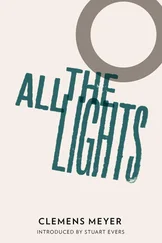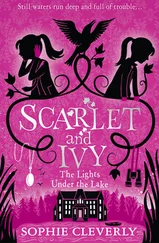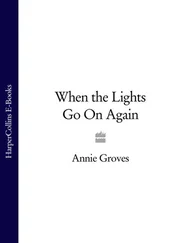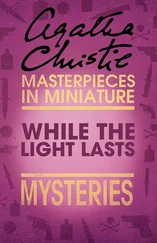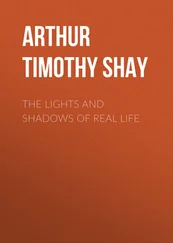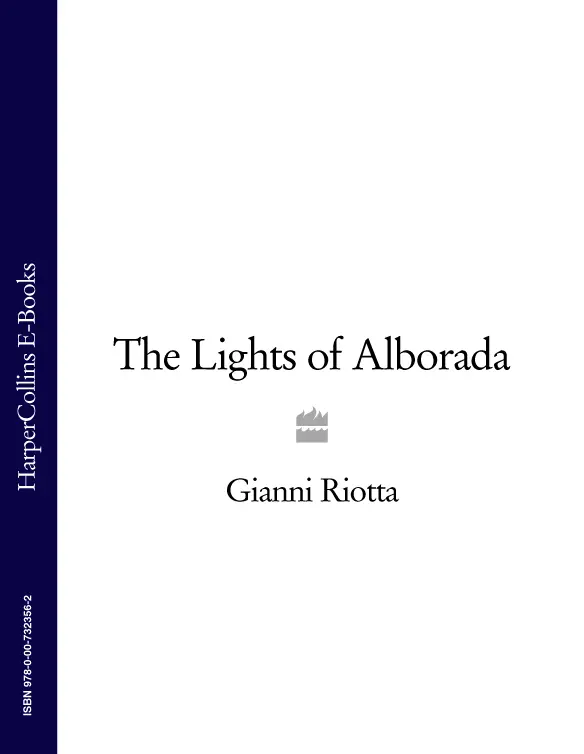
GIANNI RIOTTA
The Lights of Alborada
Translated from the Italian by SHAUN WHITESIDE

To Anita the great dolphin To Michele the great helmsman
Chapter 1
Chapter 2
Chapter 3
Chapter 4
Chapter 5
Chapter 6
Chapter 7
Chapter 8
Chapter 9
Chapter 10
Chapter 11
Chapter 12
Chapter 13
Chapter 14
Chapter 15
Chapter 16
Chapter 17
Chapter 18
Chapter 19
Chapter 20
Chapter 21
Chapter 22
Chapter 23
Chapter 24
Chapter 25
Chapter 26
Also by Gianni Riotta
Copyright
About the Publisher
When I was a child on the Island, feast days were announced by the Alborada. At the first light of ‘rosy-fingered dawn’, as our teachers taught us to call it, Orazio the sexton lit rockets full of black gunpowder. Their fuses were short and hemp-grey. The explosions rang out dry and crisp, without heat or smoke. One after another, like the beads of the rosary that the old women fingered during Vespers, in the cold of the church of San Noè.
The village lived by the bloody trade of fishing and the strenuous business of processing tuna, the silvery herds of the blue Mediterranean Sea, and it was too small – just a few houses lined up along the cliffs – not to be roused all at once by the sound of Alborada. The first explosion made us all jump, snug beneath the salt-stained quilts that our grandmothers had spent their evenings embroidering. The other reports slipped easily into our ears, but none of them rumbled in the same way. There was no fishing on a feast day, no nets to untangle or harpoons to hone to razor-sharpness, to strike the blue skin and the red flesh of the tuna. The women didn't have the bother of sheets to wash and wring in the irrigation ditch, or children to send to school, hoping that the holes in their shoes wouldn't get too big before the annual mattanza , the tuna slaughter, before the vital force of the tuna paid for the next year of our lives.
When the explosions brought the pyrotechnic volley to an end, Orazio began to ring the bells, short strokes through the morning air, which was clear but still grey. When the last bell fell silent the villagers would roll over in bed, the men relax and the woman begin to think about lighting the stove for a cup of coffee, when there was coffee, and when there wasn't, then a cup of substitute coffee made from barley or bitter chicory. Between Alborada and the first awakenings there lay a contented zone of Purgatory, of waiting. The feast day had arrived, and promised, in the poet's words, repose and fleeting joys suspended in a no-man's-land, a day free of the prison of duties, chores, labour. The village waited for the future, not yet awake but coddled and rebuked, like sleepy children by their mothers: ‘Wake up. I'll be back in five minutes with your caffé latte .’
I was the only one who stopped sleeping when the Alborada sounded. As the first report rang out I slipped from my quilt and wrapped myself in a yellow oilskin against the dew. I ran. I ran along the deserted cobbled alleyways, my heart pounding and swelling against my breastbone and my skinny ribs. I flew over nets the colour of raw raffia, missed by a few inches the harpoons and the rough metal anchors. I jumped from bollard to bollard, balancing over the icy waters of the harbour, I ran my hand along the booming black gate of the school, slipping over the cobbles outside the big tuna-processing plant, the building of yellow volcanic stone that held our lives and our luck. I headed for San Noè, and behind me, on Hangman's Hill, where the gallows had stood in the days of the Saracen Turks, goats browsed the salt-crunching grass. My feet scraped the coarse turf, I grazed my knees on the paving-slabs of the market and turned to run up the hill, gliding like a happy gull over the church square of San Noè.
My challenge was a simple one: to cross the village, leaving our house at the first blast, and kneel beneath the paternal figure of San Noè – St Noah – before Orazio's final fuse brought the Alborada to a close. Once there, I would pray to the patron saint of the Ark, the guardian for forty days and forty nights of our species and of the myriad varieties of plants and animals, to intercede for me too, and for my family and for the village. What blessing I was asking for, I couldn't say. Neither did I really understand that word ‘intercede’, but it seemed to me that my mad, childish running, to the detonations of the Alborada, were a sacred and essential rite to be repeated every year.
Orazio came down muttering like a lonely old man, and noticed me in the square. ‘This time too? You're completely mad. Have you prayed? Fine. Now go back to bed.’
I never paid him any heed. Orazio turned his bent shoulders towards me and went back into the church to prepare the altar. I waited for my heart to settle in my chest, and walked gently towards the pier. There, a rare school of flying fish, frantic dragonflies, beat the waves with the same energy that I felt had been freed in my soul. I had fulfilled my vow, delivered my request for some favour as yet unknown.
My father was no longer at home, he had disappeared out on the Indian Ocean, swallowed up by the waves along with a cargo of Arab carpets. My mother lived on his pension, and although we were poor, we weren't starving. Papa had left me the books that had belonged to my grandfather, a lieutenant of Garibaldi's in the fight for the liberation of Italy. Naval almanacs, atlases, chronicles of the military actions of Garibaldi's Redshirts in Europe and America. I read and read. Only during those hours, only while waiting on the pier, after the Alborada and before the village roused itself, did I know what my life would be like. My schooldays and my adolescence. A girl with a blue pullover and hair down to her shoulders, strolling on the beach to the sound of a guitar from a balcony, and the sad songs that our men had learned in Spain. Love, happiness, tenderness.
Can a child imagine life through an adult's eyes? We think it's possible, don't we? We relegate not only today's children, but ourselves as children, to a perennial refuge of childhood, as though toys and illusions were the only things that children knew. Whereas that isn't the case, or at least not for those of us who grew up on the Island. I knew very well, as I ran off through the echoing reports of the rockets and the steely strokes of the bells, what I wanted from my life. I wasn't only concerned with glory, with travel, the constant and amazing tasks that I would perform on tropical waters, taking vengeance for my father's shipwreck. The adventures I took for granted, the sure reward for those heroes who stood in brilliant colours on the covers of boys' story books. The disdainful Cesare kidnapped by pirates, General Desaix in the last charge at Marengo, my grandfather making coffee for Garibaldi, indolently serving him under Bourbon fire. ‘General, was this morning's blend to your liking?’ ‘Manes, if you don't watch out for those muskets, you won't be making any coffee for me at all tomorrow morning.’
Manes is my surname, Giovannino is my first name, but everyone's always called me Nino, Nino Manes, a man who – I was sure of it as I watched the crashing festive waves – was going to make his mark on history. And I craved love, too. My childish idea of erotic passion didn't go beyond the smutty remarks of the old men who picked up cigarette stubs from the pavement, or furtive glances darted at an innocent little bride, or the moist kisses of some platinum-blonde Hollywood diva. Those feelings satisfied my heart and my imagination. I would be able to paint like my father, whose oil-painted ocean dawn hung gleaming over my bed. With a steady hand I would outline the face of my lover to be. There were her round lips, her soft, sweet eyes, a hint of cheekbone, her cheerful smile and her forehead, covered with the fringe that was customary then among girls of marriageable age. I always imagined her in a blue sweater, on the seashore at night, and in my ears I heard a song that was fashionable at the time: ‘Barefoot on the beach with you …’ My heart beat like a sparrow pecking grain; love and the future were that sky-coloured jumper and that girl who was alive only for me. But how alive she was!
Читать дальше
